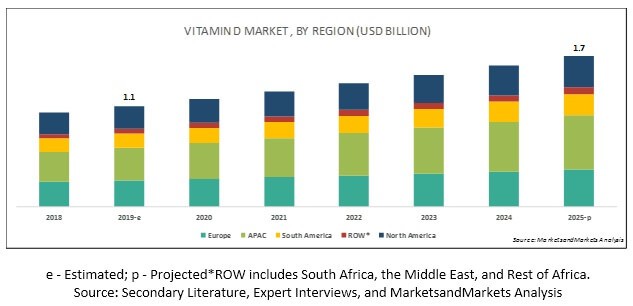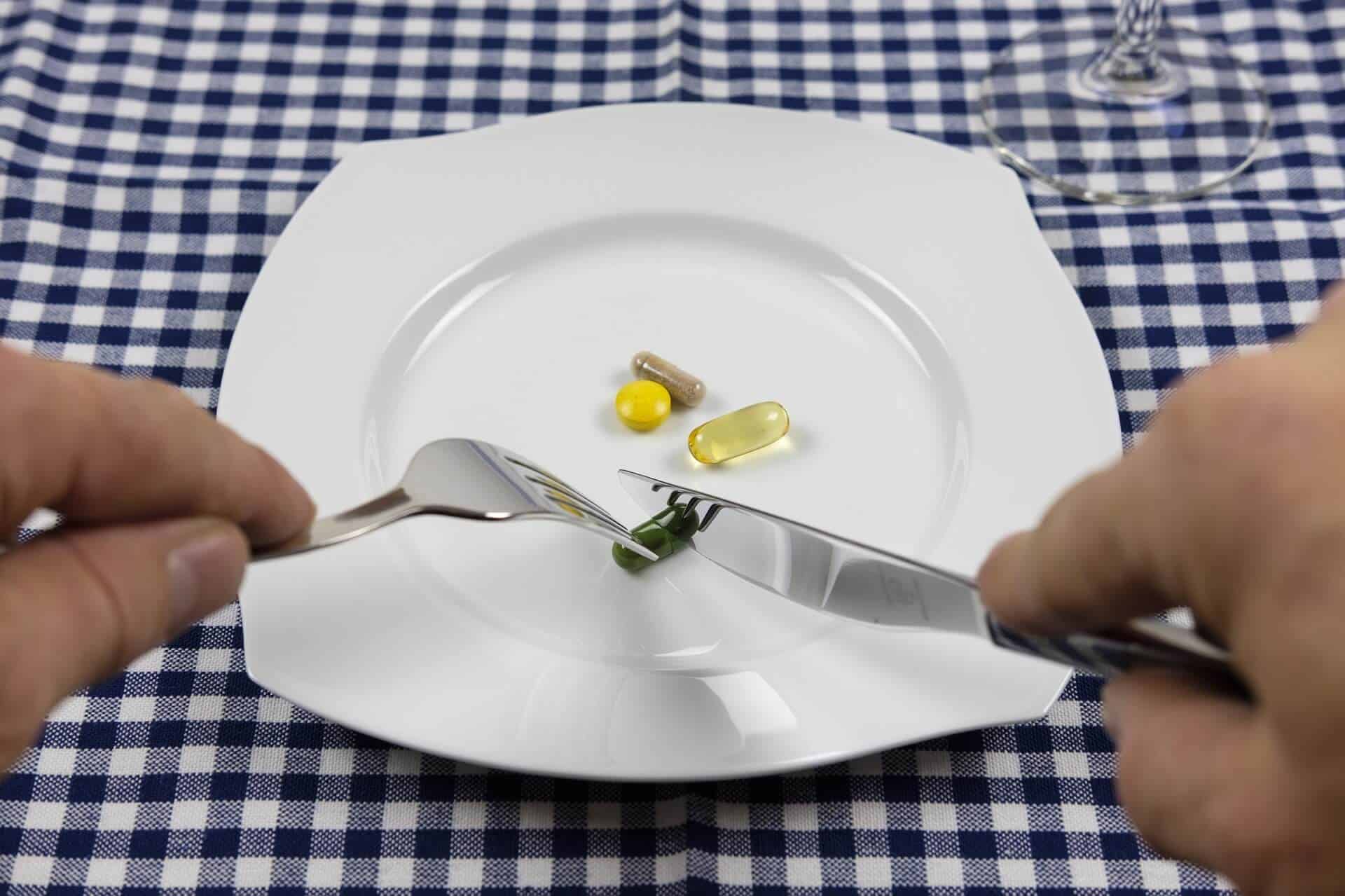Vitamin D supplements are more and more popular nowadays, this vitamin being promoted to do anything from preventing cancer or osteoporosis to French fries.
The image of a universal panacea is increasingly promoted by both health workers and patients contributes to the fact that in 2019 the sale of vitamin D supplements registered a profit of $ 1.1 billion, players in the dietary supplement market expecting this profit to reach $ 1.7 billion in 2025.

And it is “waiting” not “estimating” because in market reports such as“Vitamin D market”, those who might be interested are trained how to educate people to buy more and more.
It’s just that vitamin D is not a magical supplement that wipes away any disease, it is a physiologically active hormone that can spell nothing but side effects when taken without a proven vitamin D deficiency as a leaf in the wind of the pharmaceutical industry.
Sadly, being a dietary supplement, you can be be educated indirectly by the same supplement manufacturers to blame any side effects they might cause on anything and everything else besides them, as these manufacturers are not required by law to demonstrate either that these supplements do what they say they do, nor that these supplements do not have side effects.
When you buy and use dietary supplements you are a “client” not a “patient”, regardless of whether the person who prescribed them to you is a physician or not. Physicians do not have the professional training to prescribe dietary supplements. Nobody has the professional training to prescribe dietary supplements. Dietary supplements are promoted not “prescribed” because dietary supplements are legally defined as “foods” not as “drugs”.
In todays’s hectic life, the hope that you could prevent something, anything, by simply taking a pill instead of the healthy lifestyle you know you should actually have is ever more present – although even on these products’ label is written black on white that they cannot replace a healthy lifestyle.
– Who cares if maybe they cannot?
– Maybe they can.
– Just that the current scientific evidence shows that they mainly cannot.
The efficiency of using vitamin D supplements for the prevention of various diseases ranging from cancer to cardiovascular disease is an assumption unsupported scientific evidence. (1, 2, 3)
Hypovitaminosis D is one of the many consequences of an unhealthy lifestyle, not the cause of illnesses that result from the unhealthy lifestyle you keep trying to hide by taking supplements.
Both hypovitaminosis D and these illnesses are consequences. The cause of these illnesses is the unhealthy lifestyle not the lack of vitamin D. And the cause does not disappear when if you somehow manage to wipe away one of the consequences. Even vitamin D deficiency doesn’t disappear when you take vitamin D supplements if you don’t have the deficiency first.
And, if scientific evidence points to the fact that preventing various diseases by using vitamin D supplements is just a cozy assumption, current scientific evidence shows that the efficacy of using vitamin D supplements to prevent osteoporosis in the absence of vitamin D deficiency is another cozy assumption. (4)
A physician recommending dietary supplements is not practicing medicine, he practice marketing. As cozy, inefficient and unprofessional as when a beautician would recommend artificial tanning devices to achieve an appropriate vitamin D status. (5) And of course we can mock science by inviting evidence based medicine fans to participate in a double blind, randomised, placebo controlled, crossover trial of the parachute. (6)
Regardless of the core profession, dietary supplement promoters are taught how to educate you to feel that you need these products by the pharmaceutical industry, not by independent labs or objective researchers who scientifically prove that vitamin D supplementation of any good to those without a vitamin D deficiency.
Despite the fact that today being popular seems more important than being physiologically correct, vitamin D supplements show no efficacy without deficiency, (7, 8) and osteoporosis prevention is far more complicated than taking some pill.
References






